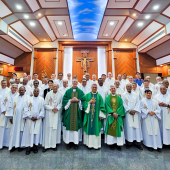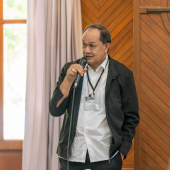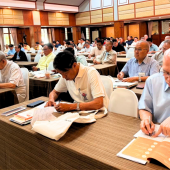Thai Church celebrates 22nd anniversary of beatified martyr Nicholas Bunkerd
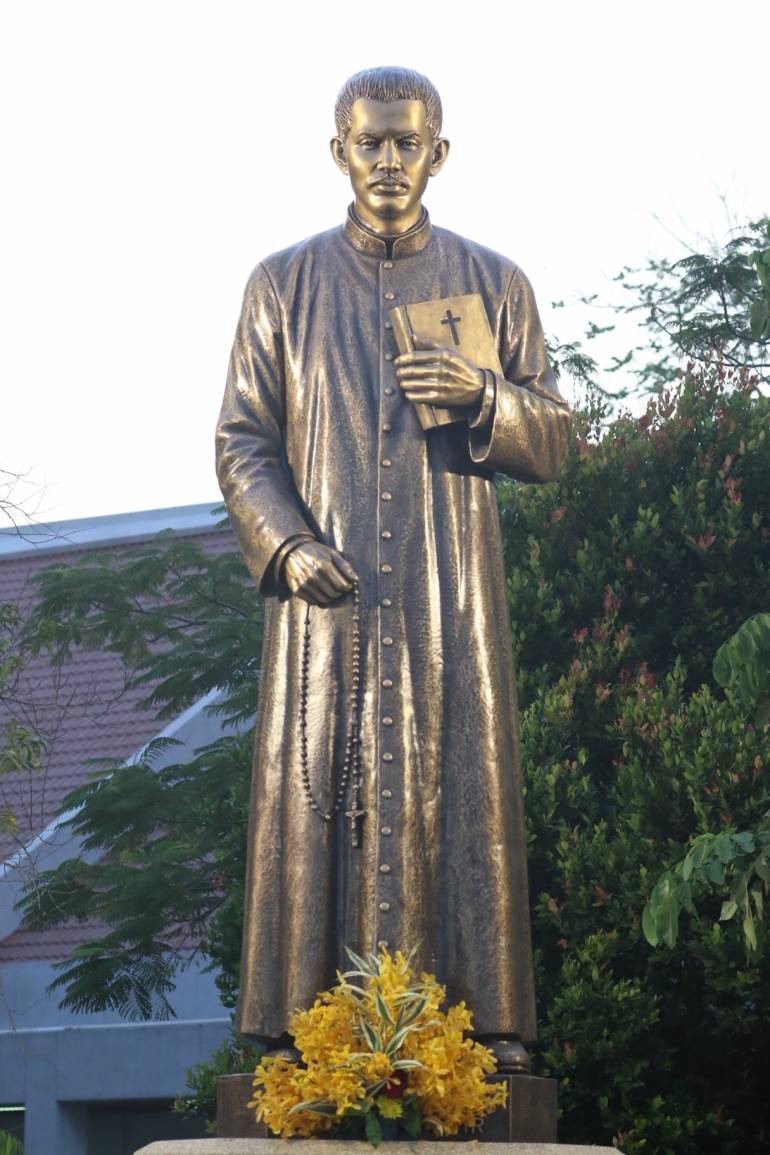
Bangkok Diocese commemorated twenty-two years of beatification of Father Nicholas Bunkerd Kitbamruneg on March 5.
Amid Covid-19 restrictions, over 100 people gathered to celebrate its most prominent priest martyr at the Father Nicholas Bunkerd shine in Sampran, 44 kilometers from Bangkok, the capital of Thailand.
Pope John Paul II declared Father Nicholas Bunkerd Kitbamrung blessed and martyr of faith in Saint Peter‘s Square in Rome on March 5, 2000.
Father Nicholas started as a missionary to Northern Vietnam and later in Thailand after being ordained a priest at Assumption Cathedral in Bangkok in 1926.
The priest’s major work was to bring back people to the Catholic church, those who had fallen away due to poverty and intimidation of the then government.
Father Nicholas carried out his ministry under the shadow of an anti-Christian Thai government, who considered Catholics "unpatriotic" and persecuted them.
Local Catholics were "so scared," said Father Moris Meunier, an MEP missionary priest. He shared the mission with the first martyr in Thai history, that Catholics “buried their rosary beads underground” for fear of discovery.
A Catholic from Nakhon Ratchasima testifies that "at the time of persecution, police officers and village leaders would break into the church and threaten Catholics to get them to denounce (and repudiate) their faith.”
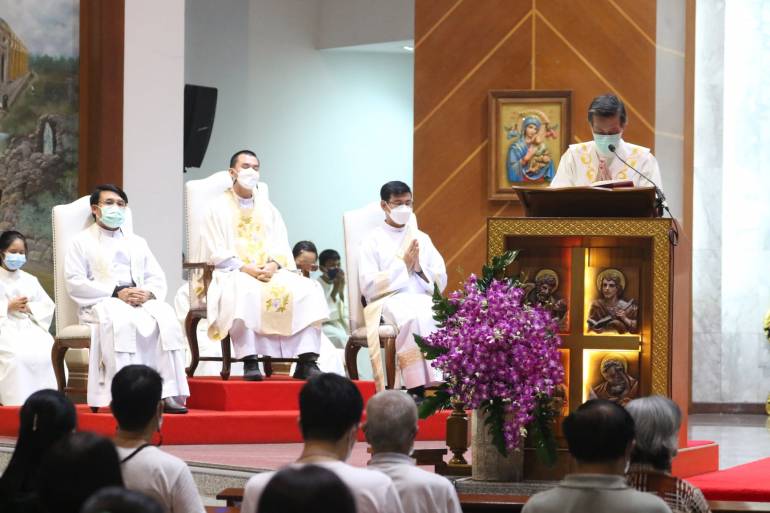
When war broke out between France and Indochina, Nicholas was accused of spying for the French. On January 12, 1941, Father Nicholas rang the church bell to summon parishioners to Sunday Mass. He was arrested and sentenced to several years of imprisonment for this simple act.
While in prison, Father Nicholas catechized his fellow prisoners, baptizing 68 of them. Unable to say his breviary, he found his consolation in reciting the rosary. Harshly treated, he soon contracted tuberculosis, and was then left to die in a hospital, denied care because he was a Catholic. He died on January 12, 1944.
In 1992, Bangkok Catholics pushed for his beatification as a martyr of the faith.
Blessed Nicholas’ life is a powerful sign for the Thai Church, and the ceremony testified great love of the Thai people for the holy priest.
Blessed Nicholas Bunkerd Kitbamrung was well known for his kindness, patience, and closeness to the people he served. He loved spending time with his parishioners, teaching catechism to the kids, and helping the poor.
The holy priest fought for religious freedom and paid with his life for his action and missionary witness.
Father Somphop Roenwutichnapheat, the main presider, said, “Father Nicholas Bunkerd Kitbamrung is a gift of God for our Church in Thailand. He is an example of faith and missionary commitment we are asked to imitate.”
Father Nicholas Bunkerd Kitbamrung was born in a poor Catholic family in Nakhon Pathom (Central Thailand) on January 31, 1895. From an early age, he nurtured the idea of becoming a priest.
At 13, he entered the minor seminary and later attended the major seminary in Penang, Malaysia.
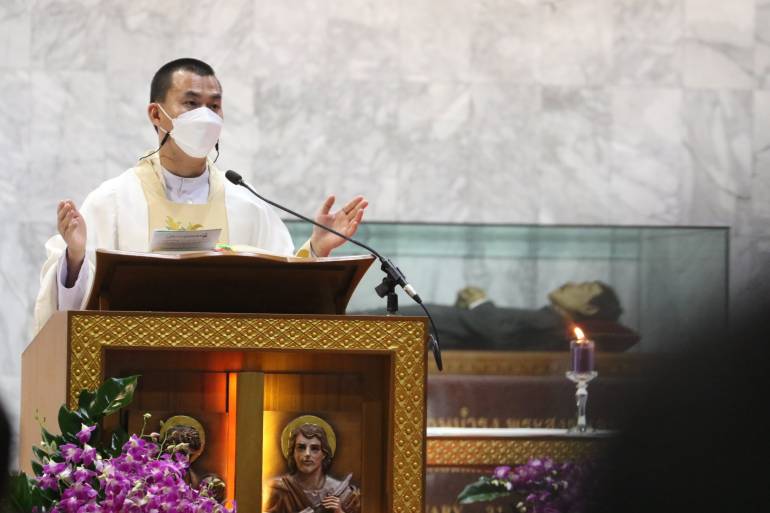
Radio Veritas Asia (RVA), a media platform of the Catholic Church, aims to share Christ. RVA started in 1969 as a continental Catholic radio station to serve Asian countries in their respective local language, thus earning the tag “the Voice of Asian Christianity.” Responding to the emerging context, RVA embraced media platforms to connect with the global Asian audience via its 21 language websites and various social media platforms.









